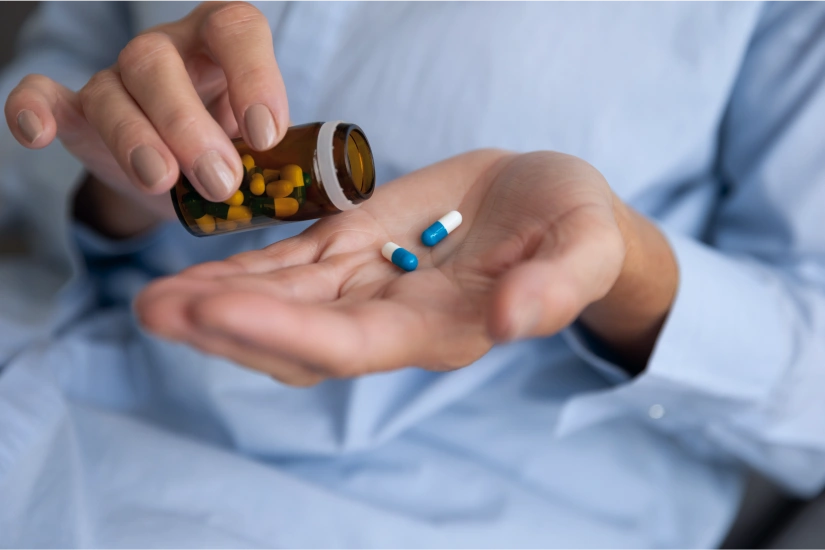24/7 Helpline:
(866) 899-221924/7 Helpline:
(866) 899-2219
Learn more about Drug Detox centers in Fruitland Park

Other Insurance Options

Oxford

Ceridian

Ambetter
Beacon

MHNNet Behavioral Health

Choice Care Network

Lucent

CareSource

Group Health Incorporated

Excellus

Horizon Healthcare Service

Holman Group

Medical Mutual of Ohio

Molina Healthcare

Kaiser Permanente

WellPoint

UMR

Absolute Total Care

Premera

BlueCross







Upper Room Counseling Center
Upper Room Counseling Center is a private rehab located in Fruitland Park, Florida. Upper Room Couns...




